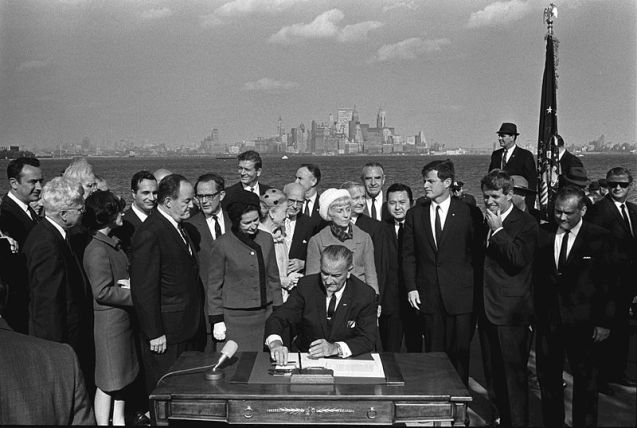The history of interracial sex: It’s much more than just rape or romance.Posted in Africa, Articles, History, Media Archive, South Africa, United States on 2015-09-28 18:41Z by Steven |
The history of interracial sex: It’s much more than just rape or romance.
The Los Angeles Times
2015-09-28
Carina Ray, Associate Professor of African and Afro- American Studies
Brandeis University, Waltham, Massachusetts
Carina Ray is associate professor of African and Afro-American Studies at Brandeis University and the author of “Crossing the Color Line: Race, Sex, and the Contested Politics of Colonialism in Ghana.”
When South African comedian Trevor Noah takes over as host of “The Daily Show” on Monday night, he’ll probably introduce his new audience to his family biography. Born in Johannesburg to a black South African mother and a white Swiss German father in 1984, when apartheid was still firmly in place and interracial marriage was illegal, Noah made his parents’ struggles the subject of his widely acclaimed stand-up routine “Born a Crime.”.
Their story represents an exception to one of apartheid’s harshest realities: White men sexually violated black women with impunity. But neither is it a romantic tale of racial transcendence. Noah has been frank about how his Xhosa mother paid the greater price for her relationship with a white man. Not only did she face social stigma and arrest, she was also left to raise Noah alone when his father exercised his white male privilege and left South Africa.
In my academic research, I grapple with stories like the one Noah tells, of interracial sexual relations that resist neat labels. They’re not uncommon. Yet when power dynamics are so profoundly unequal, there’s a strong incentive to deny the possibility of complexity or murkiness by falling back on binaries like rape or romance…
Read the entire article here.


